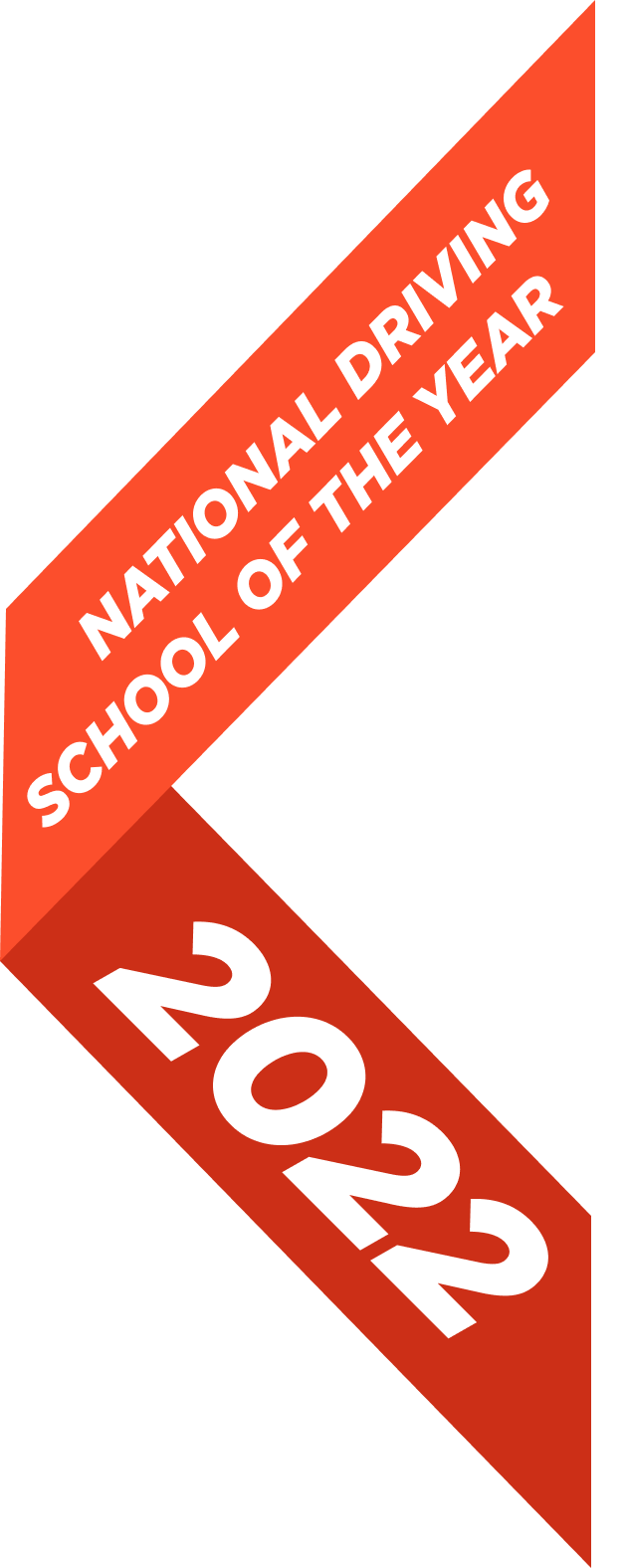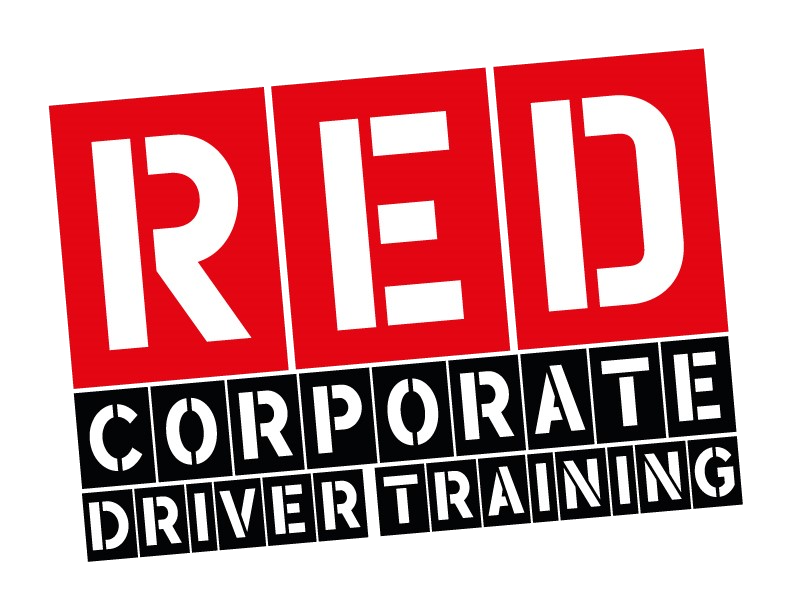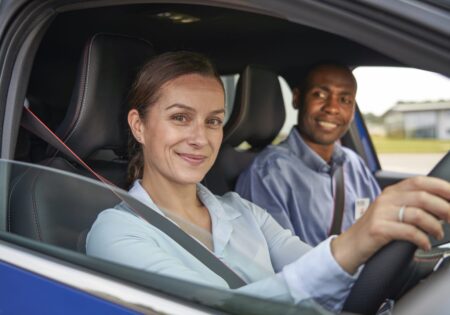The top 5 Highway Code rules that leave drivers confused
Ever been confused by a driving law or Highway Code rule? Well you’re not alone as there’s a bunch of Highway Code rules out there that have stirred up some confusion within drivers. We’re going to take a look at the top 5 Highway Code rules and try and clear up some of that confusion.
“Avoid” undertaking
People often get confused whether undertaking is a driving offence or not. It’s definitely something that is frowned upon and advised against, but is it actually going to lead to a conviction?
According to rule 268 of The Highway Code “Do not overtake on the left or move to a lane on your left to overtake”. However despite this, it’s not actually a punishable offence. The Highway Code also states that you may pass on the left “In congested conditions, where adjacent lanes of traffic are moving at similar speeds” and that in these conditions you should not weave in and out of lanes to overtake. It is also permissible to pass on the left when a vehicle is waiting to turn right and there is room for you to safely pass on the left.
So undertaking (passing on the left) isn’t actually a punishable offence, but is advised against, apart from in certain situations. However, if you do undertake and this is seen as careless driving or driving without due care or attention, you could end up receiving a penalty.

Flashing headlights
There seems to be a fair amount of confusion around this one, as many drivers flash their headlights to say thanks for being let past another driver, or to make other drivers aware of a speed camera or accident that may be ahead.
As per rule 110 of The Highway Code, it is prohibited for drivers to flash their headlights for any reasons other than notifying another driver that they’re there. If you choose to flash your headlights to notify other drivers of a speed trap or any of the reasons above, you can be liable to receive a fine of up to £1,000.
Although it’s unlikely that you’ll end up getting fined for flashing your lights to thank a driver for letting you pass, it’s definitely worth thinking about in case you end up with a £1,000 fine!

Eating or drinking whilst driving
Are drivers allowed to eat or drink whilst driving? Many would think that snacking out behind the wheel would be a distraction whilst driving, but when doing a long drive it would seem unfair to prohibit drivers from having anything to eat or drink.
The Highway Code states in rule 148 that “Safe driving and riding needs concentration. Avoid distractions when driving or riding”. Alongside arguing with your passengers, trying to read maps and listening to overly loud music, eating and drinking is also counted as a distraction.
Despite this, you can’t actually receive a penalty for eating or drinking whilst driving. However, eating or drinking whilst driving may cause you to drive carelessly and if the police deem it so, you can be liable to an on-the-spot £100 fine and 3 points on your licence. So if you do decide to have a snack or drink whilst driving, make sure you’re still paying full attention to the road!

Double white lines – overtaking cyclists
It can be quite confusing figuring out whether or not you can overtake cyclists. As we know, overtaking cars is prohibited, when requiring the driver to cross double white lines where the line nearest to you is solid. But does the same rule apply to overtaking cyclists? It would seem unreasonable to be unable to overtake cyclists moving at 10mph or lower.
Rule 129 of The Highway Code states that you cannot cross or straddle double white lines where the line nearest you is solid, but this also includes exceptions to the rule which states “You may cross the line if necessary, provided the road is clear, to pass a stationary vehicle, or overtake a pedal cycle, horse or road maintenance vehicle, if they are travelling at 10 mph (16 km/h) or less.”
So, if you do ever find yourself in that situation, it’s perfectly fine for you to cross those double white lines in order to overtake the cyclists. Subject to them travelling at 10 mph or less. Just make sure that you give them as much room as you would if overtaking a car!

Always give priority to buses
The Highway Code states in rule 223 that you should give priority to buses, coaches and trams, especially when they’re signaling to pull away from stops. These are just guidelines and giving buses priority is not actually a legal requirement. Buses, coaches and trams must indicate and wait for traffic before pulling out just like the rest of us.
However, there are reasons to do this despite it not being a legal requirement. Not only is it courteous to slow down and leave a safe distance as soon as you see a bus or coach signal, it also avoids confusion and the possibility of a large vehicle pulling into your path.
Hopefully this has helped clear up any confusion you may have had around some of these rules, or perhaps you’ve just learnt something new! If you’re interested in reading more about driving laws and rules, check out our article 10 times you didn’t know you were committing a driving offence.







